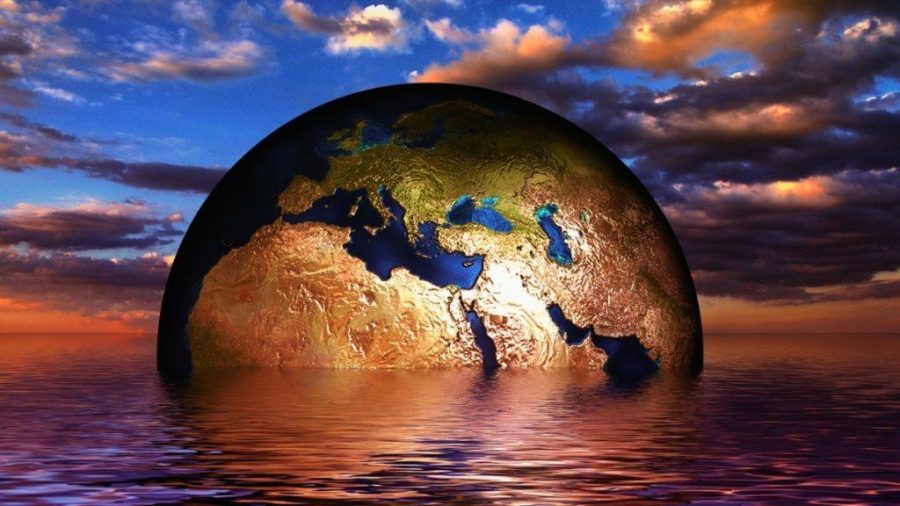“We the… senior members of the world’s scientific community, hereby warn all humanity of what lies ahead. A great change in our stewardship of the earth and the life on it, is required, if vast human misery is to be avoided and our global home on this planet is not to be irretrievably mutilated.”
This is an excerpt from the 1992 “World Scientists’ Warning to Humanity,” a letter to the general public outlining environmental issues facing our planet and the potential consequences of allowing climate change to continue. The 1,575 scientists who signed this document gave us an action plan: invest in renewable energy, stop deforestation, use our natural resources wisely, expand conservation and recycling programs, adopt effective family planning programs, reduce poverty and increase access to education. 25 years later, 15,364 scientists from 184 different countries gave humanity a progress report. The results? With the exception of stabilizing the ozone layer, we have failed to make sufficient progress to address climate change. In fact, the majority of the issues highlighted in the 1992 warning are actually worse. We no longer have time to debate the best way to address environmental issues, let alone debate its existence. Instead we, as private citizens, must begin implementing the strategies laid out in “World Scientists’ Warning to Humanity: A Second Notice” and advocating our elected officials to pass legislation protecting our planet.
Often, climate change conversations focus on what governments and companies can do as their impact is larger than an individual. However, private citizens’ lifestyle choices affect global climate change. The average American family of four typically wastes a 20 pounds of food per person per month; almost 1,000 pounds annually. Food waste impacts our environment as resources such as water, soil nutrients or fuel are used in the production and procurement of our food. We can decrease our food waste by planning our weekly meals before going to the store, properly storing the food we purchase and remembering ‘best by’ dates refer to quality rather than food safety. We should also begin limiting our consumption of animal products. Producing animal-based protein requires more resources than plant-based protein. You do not need to become vegan or vegetarian — many people cannot for health reasons — but reducing meat consumption is key to mitigating climate change.
The current United States president, Donald Trump, believes climate change is a ‘hoax.’ Mr. Trump has rolled back Obama-era environmental regulations, pulled the United States out of the Paris Climate Agreement and appointed a climate science critic as the head of the EPA. However, due to the advocacy of American citizens and scientists, many American cities have independently decided to set and reach environmental goals. Political leaders often respond to pressure; this week the Trump administration endorsed the Kigali Amendment, a climate agreement which could prevent as much 33 degrees Fahrenheit of warming. Americans need to promote evidence-based policy and to vote for representatives mindful of our planet’s dire circumstances.
During the 1988 Presidential election, incumbent Vice President George H. W. Bush stated during a rally that, “Our land, water and soil support a remarkable range of human activities, but they can only take so much and we must remember to treat them not as a given but as a gift. These issues know no ideology, no political boundaries. It’s not a liberal or conservative thing we’re talking about.” Now, almost 30 years later, man-made climate change is a polarizing issue despite increasing scientific evidence supporting its existence. As hurricanes become more severe, famines become more common and the air quality becomes more hazardous — we no longer have time to debate the reality we are facing or why it became a partisan issue. Instead, we need to save our home by altering wasteful aspects of our lifestyles and supporting environmental legislation by lobbying our elected officials.



